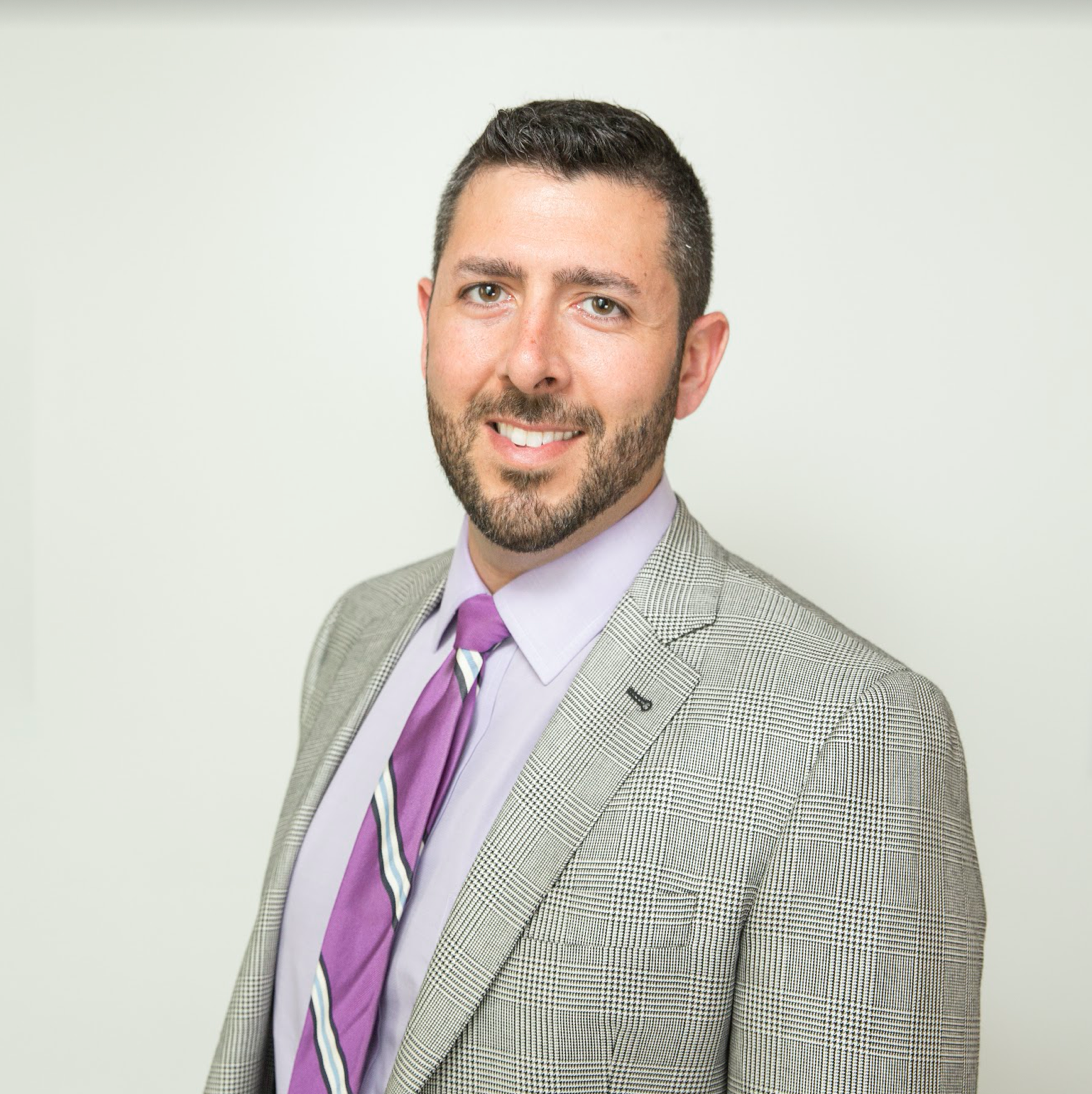What Is Dual Diagnosis?
A dual diagnosis means you have two conditions occurring at the same time, such as a mental health disorder and a substance use disorder. Also called comorbidity, these two conditions feed off of each other, each one making the other worse. Because they also bear similar symptoms, it can take time for doctors and other addiction treatment professionals to differentiate the two conditions. But this common type of diagnosis affects 37.9% of people needing addiction treatment and 18.2% of those with mental health disorders.
Mental health problems commonly suffered with co-occurring substance use disorders include:
- Depression
- Anxiety disorders
- Disordered eating
- ADHD
- Bipolar disorder
- Personality disorders
- Schizophrenia
Receiving a two-pronged diagnosis should not feel discouraging. Instead, correct identification of your conditions opens doors to integrated treatment. For many, this diagnosis is actually a breakthrough to an understanding of why they are vulnerable to substance abuse. Both types of conditions share risk factors like genetics, stress, and trauma. You can feel some relief at knowing more about your situation and precisely what you need for a better life.
Regardless of whether your addiction or your mental health problems came first, you can receive the full spectrum of care that you need for lasting recovery from both aspects. However, if one of the conditions is left untreated, it only fuels the other to relapse. This is why it is so important to seek addiction treatment from a dual-diagnosis facility.
Why Addiction and Mental Health Problems Occur at the Same Time
When you receive a dual diagnosis, this does not mean that one of your conditions caused the other. Because they share common risk factors, you are already somewhat predisposed to suffer from one or both. In fact, even doctors cannot usually clearly identify which disorder came first.
Reasons why scientists believe dual diagnosis disorders co-occur include:
- There are shared risk factors of genetics, stress, and trauma.
- People with mental health disorders may self-medicate using drugs or alcohol without realizing they are doing so.
- Mental health problems may change the brain to make an individual more vulnerable to substance use disorders.
- Prolonged substance abuse can contribute to the development of mental health disorders.
- Substance abuse changes the brain and may make it easier to develop a mental health problem.
What Treatment Do You Need for Dual Diagnosis?
If you have received a dual diagnosis or if you believe that you have a substance use disorder co-occurring with mental health problems, effective treatment is widely available. You simply need to know what you are looking for in this treatment.
Effective dual diagnosis treatment typically includes:
- Detoxification to transition from active addiction into early sobriety
- Rehabilitation to learn how to avoid relapse on drugs or alcohol and to find out about your mental health condition
- Aftercare, ongoing therapy, support, or treatments to meet your long-term needs
Seeking treatment is so important for individuals with a dual-diagnosis disorder because they are more vulnerable to a variety of physical, mental, and social problems. These additional risks beyond mental health problems and addiction include:
- Psychiatric episodes
- Alcohol and drug relapse
- Hospitalization and emergency room visits
- Relationship problems
- Violence
- Suicide
- Arrest and imprisonment
- Joblessness
- Homelessness
- Poverty
- Transmission of infectious diseases like HIV, hepatitis, and STIs
- Complications resulting from chronic illnesses such as diabetes and cancer
This long list of potential dual-diagnosis complications proves why it is so critical that you receive a full spectrum of care after your diagnosis. Otherwise, you face many potential hardships.
Detoxification
Everyone with a substance use disorder must first go through detox to start a sober life. Withdrawal is the collection of uncomfortable symptoms caused by your body’s efforts to cleanse the drugs or alcohol from its system, and while you are ridding your body of these substances, you may feel some of these symptoms. They can be both physical and mental.
Common withdrawal symptoms include:
- Irritability
- Sweating or chills
- Trouble sleeping and fatigue
- Depression
- Tremors or shakiness
- Restlessness
- Appetite changes
- Mood changes
- Congestion or runny nose
- Muscle pain and body aches
- Nausea and vomiting
- Abdominal cramping and diarrhea
Some people with severe addictions also experience dangerous symptoms like seizures, hallucinations, and delirium. Whatever your level of addiction, a licensed detox center provides the safest and most secure pathway through withdrawal. In a detox facility, you can receive helpful medications to ease the worst symptoms. You also benefit from a licensed facility’s comfortable environment, 24-hour support, and medical supervision in the event of an emergency. In a secure facility, you are less vulnerable to relapse and do not have immediate access to drugs or alcohol that can cause an overdose.
Rehab Treatment
After becoming sober in detox, you must learn how to cope with your mental health symptoms and maintain sobriety. This life-changing learning takes place in rehab treatment, specifically in a program offering dual diagnosis care. Many people with co-occurring conditions also require medication, such as for depression, anxiety, or other mental health problems. A licensed dual-diagnosis treatment program includes medication management under a doctor’s care.
Common Therapies Offered in Rehab
To learn about your mental health and substance use disorders, you need to receive an array of therapies in rehab. A quality rehab program offers a variety of therapies, such as:
- Psychotherapy
- Individual counseling
- Addiction education
- Relapse prevention
- Behavioral therapies, such as CBT and DBT
- Trauma therapy, such as EMDR
- Family therapy or couples counseling
- Group therapy
- 12-step program
- Medication management
- Dual diagnosis treatment
Ancillary Rehab Services
Other services offered by quality rehab programs aid in social and medical areas beyond substance use. Common ancillary rehab services include:
- Medical treatment
- Co-existing condition education
- HIV/AIDS education and treatment
- Legal advice
- Vocational placement and training
- Family counseling
- LGBTQIA+ counseling
- Addiction assessment
- Evidence-based treatment
- Substance use monitoring
- Clinical care and case management
- Recovery support
- Continuing care or aftercare
By identifying which services matter most to you and which will help you rebuild a more fulfilling life, you can match with your best option for rehab treatment. By locating treatment tailored to your specific needs, you are more likely to deeply engage in your programs. Through this engagement, you will benefit most from the therapies and other services you receive.
Levels of Rehab Care
Addiction varies from one person to the next. You may suffer a mild, moderate, or severe addiction, according to how long you have used your substances and other factors. To meet your unique needs for recovery, there are also multiple levels of rehab treatment. Your doctor or addiction specialist will help you identify which programs will best suit your needs.
Levels of rehab treatment include:
- Inpatient hospitalization
- Residential rehab
- Partial hospitalization (PHP)
- Intensive outpatient (IOP)
- Outpatient (OP)
- Sober living, transitional living, or halfway houses
Many people seeking addiction treatment, particularly those with dual diagnoses, take part in multiple levels of care as a form of step-down rehabilitation. For example, you might start in an inpatient or residential rehab after detox and then phase back into your own home environment while taking part in an outpatient program. The treatment you receive is unique to you and suits your individualized treatment plan according to your specific dual diagnosis conditions.
Aftercare
Aftercare programs take place after your rehab program ends. These optional programs provide you with support connections in your own community. These connections are important to ensure you have other people supporting your recovery around you. Aftercare also ensures you never feel alone in your lifelong recovery journey.
Some types of aftercare include:
- Sober living or transitional living homes
- 12-step or self-help meetings
- Group therapy
- Telephone counseling
- Faith-based services
- Community-based therapy
- Sober events
- Rehab-associated follow-up care
- Ongoing healthcare and medication management
Unfortunately, many people choose to not take part in aftercare. Some believe that their recovery is strong upon leaving rehab and that they do not need extra support. But aftercare is relapse prevention and proves more important than you might think in helping you stick to your wellness program. This follow-up care also helps you stay on top of your mental health symptoms and medication management if you have a dual diagnosis condition.
To learn more about aftercare and how it can help you stay clean and sober, talk to your chosen rehab facility about these services.
How to Find a Dual Diagnosis Treatment Program
If you feel overwhelmed in your search for dual-diagnosis addiction treatment, you are certainly not alone. But this search is easier when you know what to look for in a detox or rehab program. Look specifically for keywords related to “dual diagnosis care” in the program’s offerings. Then, reach out to the facility to talk to its addiction counselor.
Ask your chosen facility about its offerings and whether they provide a full spectrum of care, including detox, rehab, and aftercare. If they do not offer one of these levels of care on site, many facilities have referral relationships with other programs to complete your continuum of care.
A dual diagnosis can seem intimidating at first. But if you seek the treatment you need and follow through with detox, rehab treatment, and aftercare, you can enjoy a more fulfilling and productive future. Receiving this diagnosis can even prove enlightening in answering the many questions you have about why or how you fell into addiction, in the first place.


